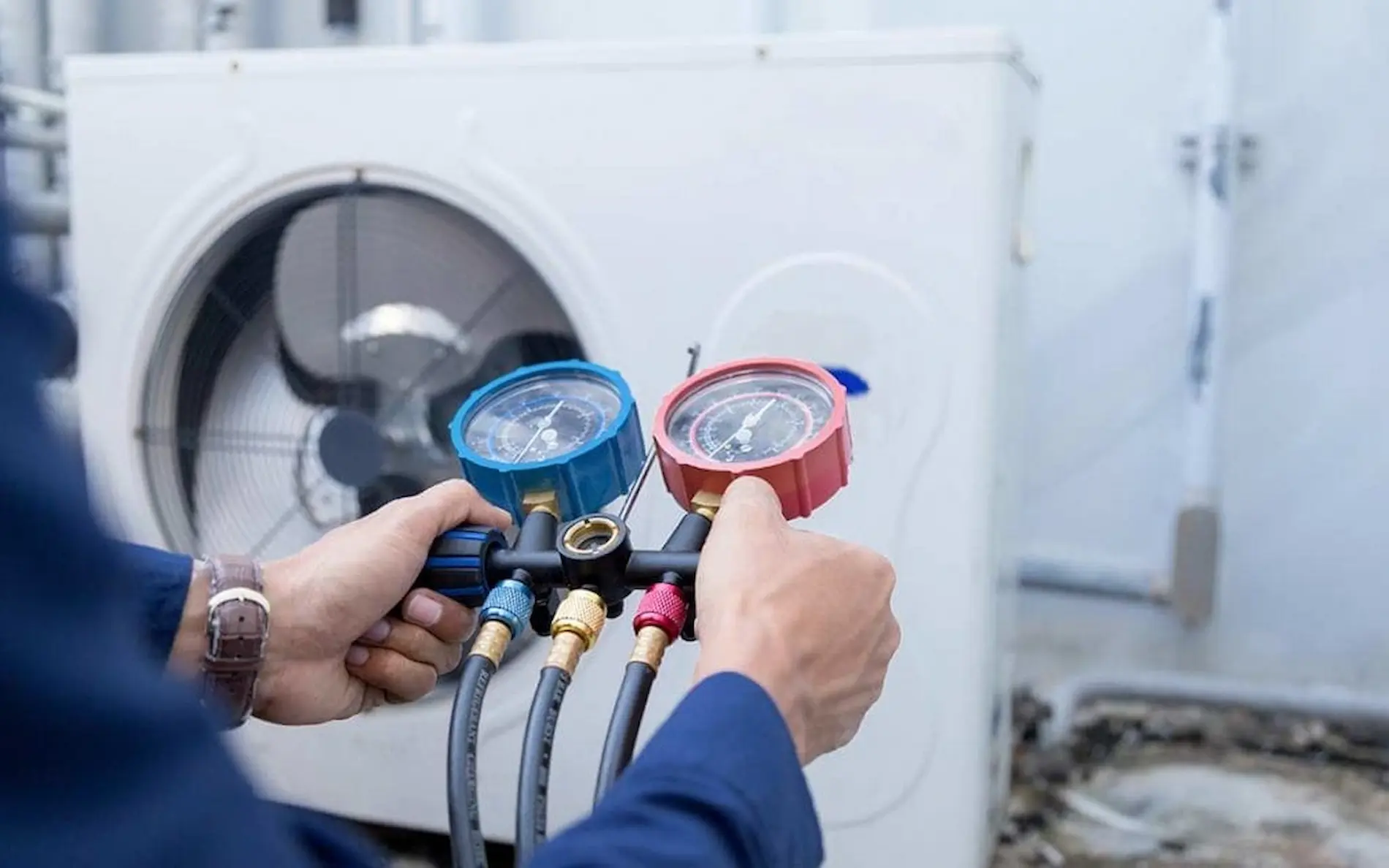4.8

Understanding the Source of Smelly Water in Des Moines Homes
Many homeowners in Des Moines have experienced this unpleasant surprise: you turn on your hot water and get hit with a strong, rotten egg smelly water. It’s not just annoying it can make daily tasks like showering or doing dishes downright unbearable. The good news? This foul odor is often tied to a single, overlooked component in your water heater: the anode rod.
The anode rod is a metal rod typically made of magnesium, aluminum, or zinc that is installed in your water heater to attract corrosive elements in the water. It protects the steel tank from rusting, extending the life of your unit. But under certain water conditions, particularly in areas with high sulfur content or bacterial activity, this same rod can actually cause your water to smell worse over time.
How a Bad Anode Rod Contributes to Rotten Egg Odor
When an anode rod especially one made of magnesium starts to corrode, it can react with naturally occurring bacteria or sulfur in your water. This chemical reaction produces hydrogen sulfide gas, which smells exactly like rotten eggs. If you’ve noticed that only your hot water smells, not the cold, there’s a strong chance your anode rod is to blame.
Homes in Des Moines often face challenges due to hard water or private well systems that carry higher levels of minerals and bacteria. These conditions speed up anode rod deterioration and increase the chances of water odor issues. If your home uses a magnesium rod, you’re even more likely to encounter this unpleasant side effect.

A deteriorating anode rod can also lead to other problems beyond the smell. Once it’s fully depleted, your water heater loses its protective barrier, and internal rust can begin to form, eventually causing leaks or tank failure. This is why replacing a failing rod isn’t just about eliminating odors—it’s about protecting your home’s plumbing system long-term.
Magnesium, Zinc, or Aluminum: Which Rod Prevents Smell Best?
Not all anode rods contribute equally to water odor. Magnesium rods are the most reactive and effective at preventing corrosion—but they’re also the most likely to cause sulfur smells. In contrast, zinc anode rods (actually a combination of aluminum and a small amount of zinc) are designed specifically to combat hydrogen sulfide production. These rods are ideal for homes in Des Moines experiencing odor issues, especially if the water source is a well or has a history of sulfur contamination.
If you’re unsure what type of rod your current water heater uses, contact our team at Lazer Home Services. We can quickly inspect your system, identify the problem, and recommend the right replacement whether it’s magnesium for superior corrosion protection, or zinc for odor control.
You can also explore our in-depth guide comparing zinc vs. magnesium anode rods to learn more about which option fits your home’s specific needs.

Signs That Your Anode Rod Might Be the Problem
You might be wondering how to tell if your anode rod is the reason behind the smell. Here are some signs that point to a failing rod:
- Only hot water smells bad, while cold water is odor-free.
- The smell gets worse after the water has been sitting in the tank overnight.
- The odor disappears temporarily after flushing the tank, but returns quickly.
- You haven’t replaced the anode rod in over 3–5 years.
- Your home has hard water, or you use well water.
If one or more of these apply to you, it’s time to schedule a water heater inspection in Des Moines.
How We Fix Smelly Hot Water in Des Moines
At Lazer Home Services, we’ve helped hundreds of homeowners across Des Moines eliminate smelly hot water by diagnosing and replacing worn or problematic anode rods. Our approach starts with a full system check—we inspect your tank, evaluate your water quality, and determine if the rod is the root cause of the odor.
If a replacement is needed, we typically recommend zinc or aluminum-zinc anode rods for homes dealing with rotten egg smells. In cases where bacteria buildup is severe, we may recommend additional treatments like tank flushing, disinfection, or even repiping services if long-term corrosion has taken hold.
We also specialize in preventative maintenance. Regular water heater checkups can prevent smelly water before it starts and extend the life of your plumbing system. You can always contact us to schedule service or ask questions.
Areas We Proudly Serve in Iowa
Our plumbing experts are available across Des Moines and surrounding Iowa communities. Whether you’re in Ankeny, Altoona, Clive, Urbandale, Waukee, West Des Moines, Grimes, Johnston, Ames, or Pleasant Hill, we’re ready to help you eliminate smelly hot water for good. If you’re unsure whether your area is covered, just visit our About Us page or give us a quick call—we’ll let you know right away.
Why Choose Lazer Home Services for Anode Rod Replacement in Des Moines
When it comes to water heater issues, especially something as frustrating as smelly hot water, you want a plumbing team that understands the root causes—and how to fix them for good. At Lazer Home Services, we bring years of experience dealing with anode rod issues in Des Moines homes, including those caused by hard water and sulfur content.
Our technicians are licensed, trained, and committed to delivering honest, efficient service. We don’t just swap parts—we diagnose the real issue, educate our customers, and help you choose the best long-term solution. Whether it’s selecting the right anode rod, flushing your water heater, or offering full water treatment options, we have you covered.
We also offer seasonal specials and upfront pricing, so there are no surprises. From emergency plumbing to preventive maintenance, we’re your go-to team for all things water heater-related in Central Iowa.
Conclusion: Stop Smelly Water at the Source
A bad anode rod can absolutely be the culprit behind that unpleasant sulfur smell in your hot water. But with the right knowledge—and the right plumbing team—you can eliminate the odor and extend the life of your water heater at the same time.
If you’re dealing with foul-smelling water, don’t wait. Contact Lazer Home Services today. We’ll inspect your system, explain the issue clearly, and offer the best anode rod replacement options based on your home’s needs. Whether you need a quick fix or a full water heater service, we’re here to help Des Moines homeowners enjoy clean, safe water—every day.
Frequently Asked Questions
Q: Does an anode rod really cause the rotten egg smell in water heaters?
Yes. When a magnesium anode rod reacts with sulfur or bacteria in the water, it produces hydrogen sulfide gas, which smells like rotten eggs.
Q: How do I fix smelly hot water in my home?
The most effective solution is to replace the magnesium rod with a zinc or aluminum-zinc rod. You may also need to flush the tank or treat the water system.
Q: Will replacing the anode rod stop the smell completely?
In most cases, yes. Especially if the odor is only present in the hot water, switching to a zinc rod often solves the problem entirely.
Q: How often should an anode rod be replaced?
Typically every 3 to 5 years, but homes with hard or sulfur-rich water may need replacements more frequently.
Q: Can I replace the anode rod myself?
It’s possible, but not recommended. Anode rod replacement involves dealing with pressurized systems and requires proper sealing. It’s best to call a licensed plumber.
Recent News
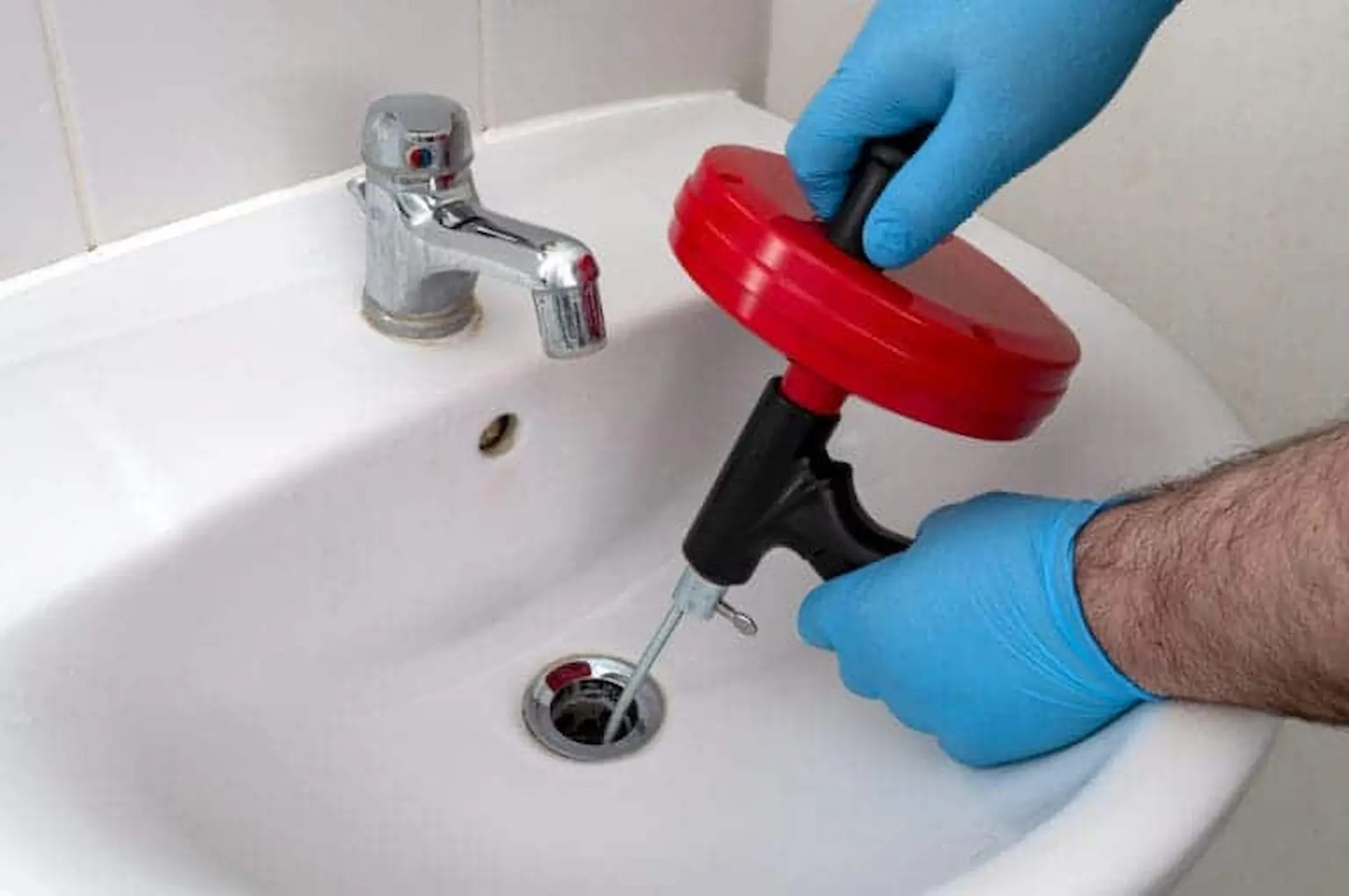
Residential Drain Cleaning in Des Moines | Lazer Home Services
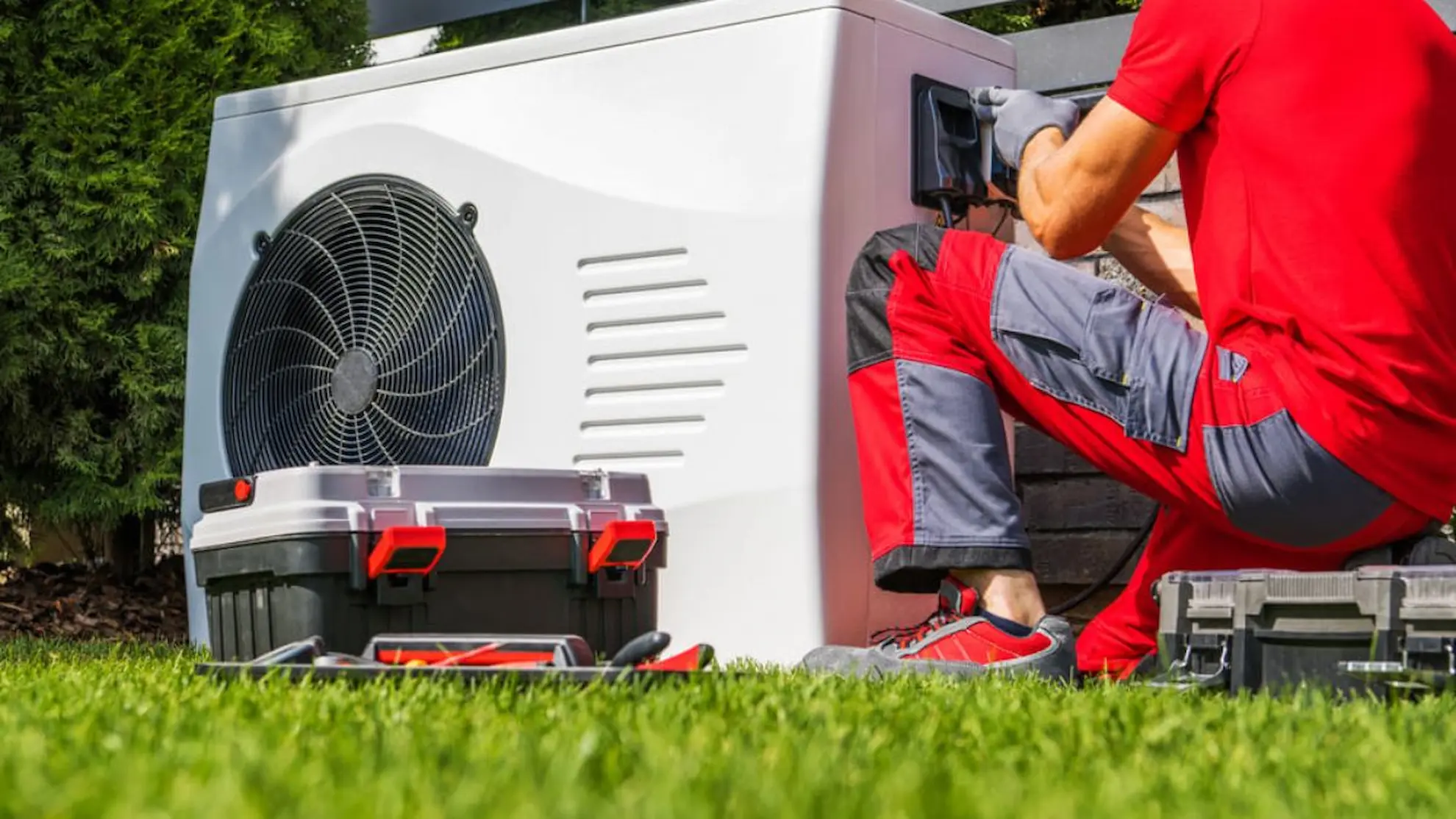
Heat Pump Repair and Installation Solutions in Des Moines.

How to Detect Hidden Pipe Leaks | Lazer Home Services
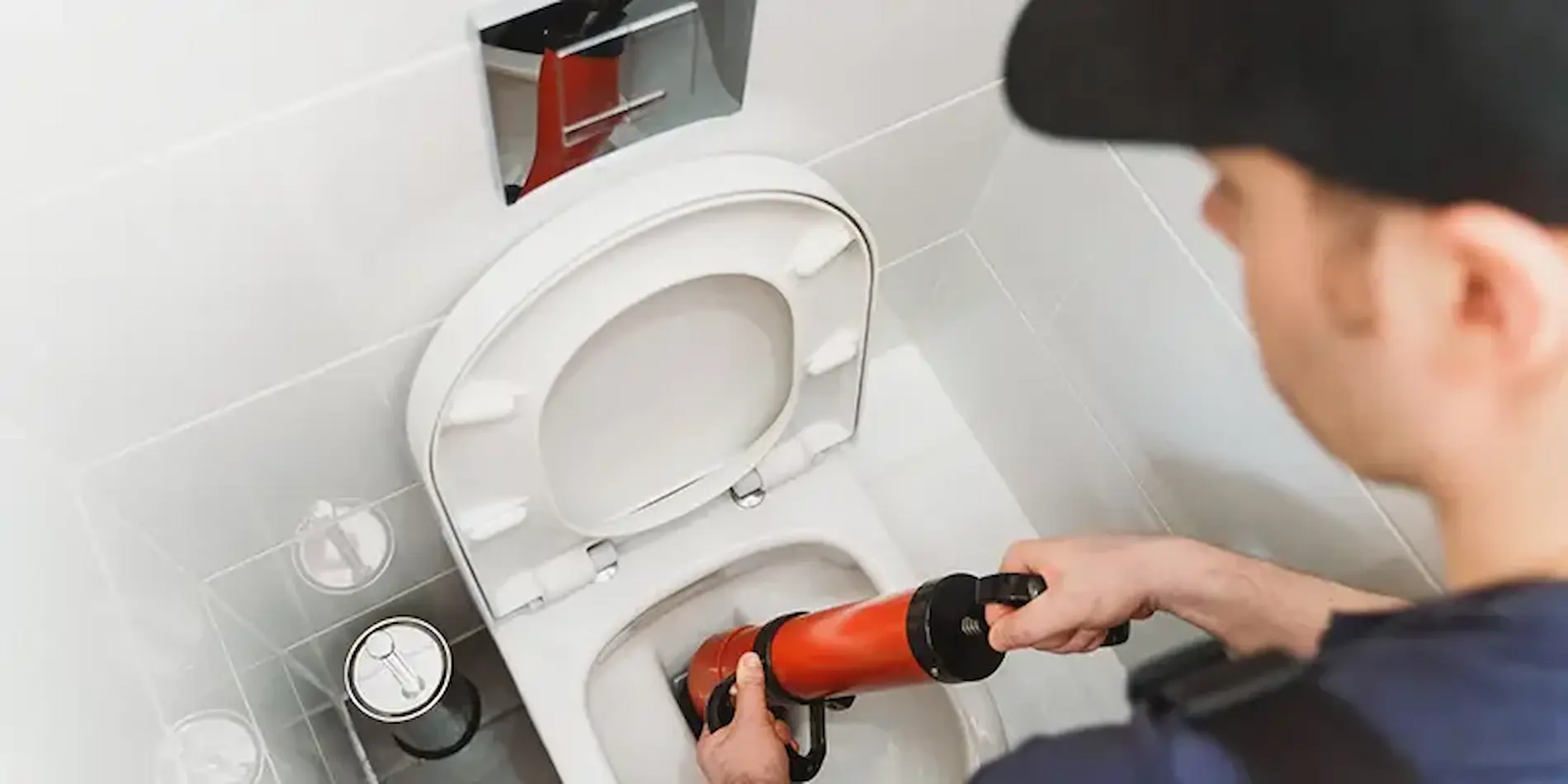
5 Early Warning Signs Your Home Plumbing Needs Urgent Attention
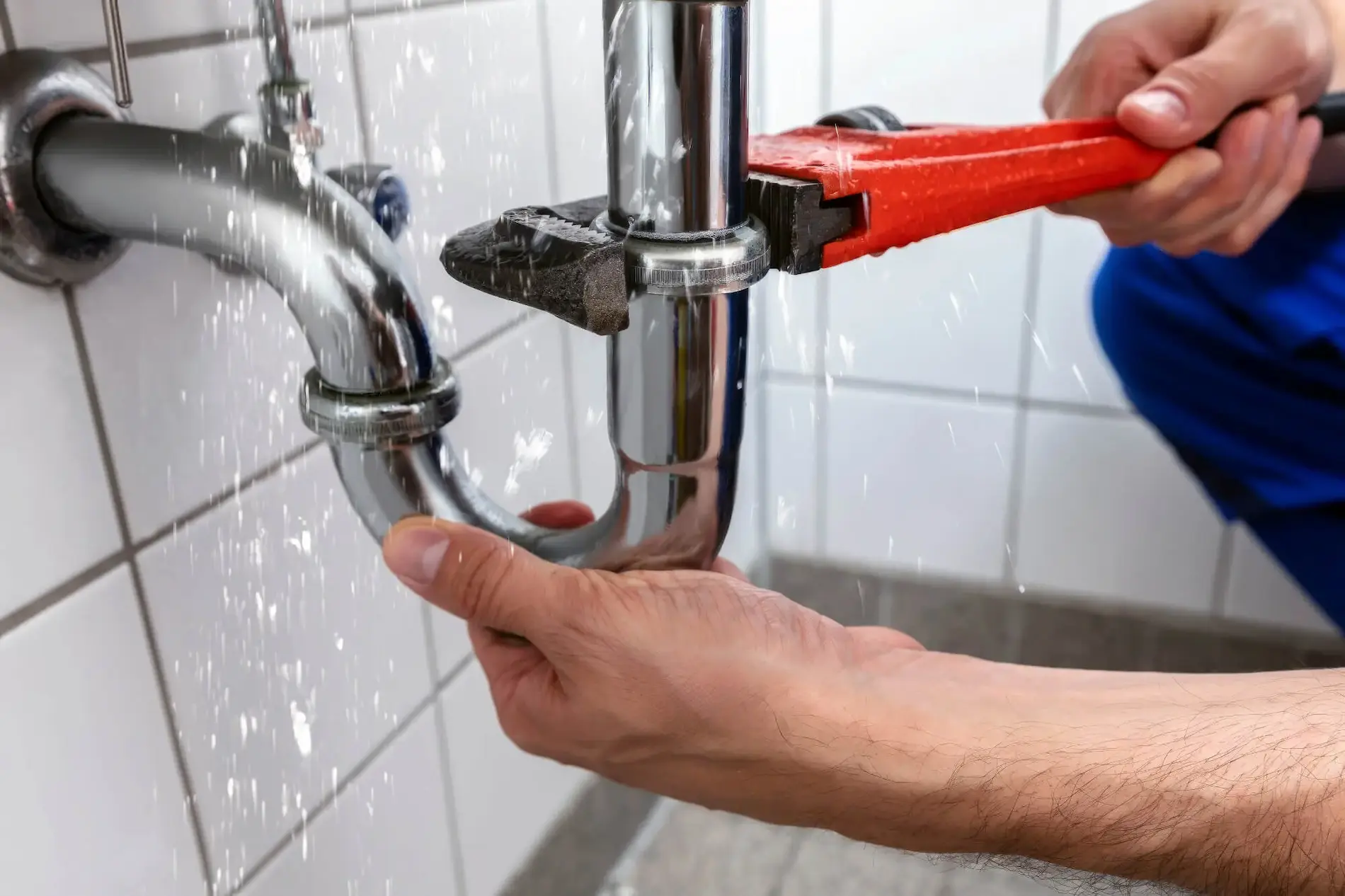
Plumbing Maintenance Checklist Des Moines | Lazer Home Services
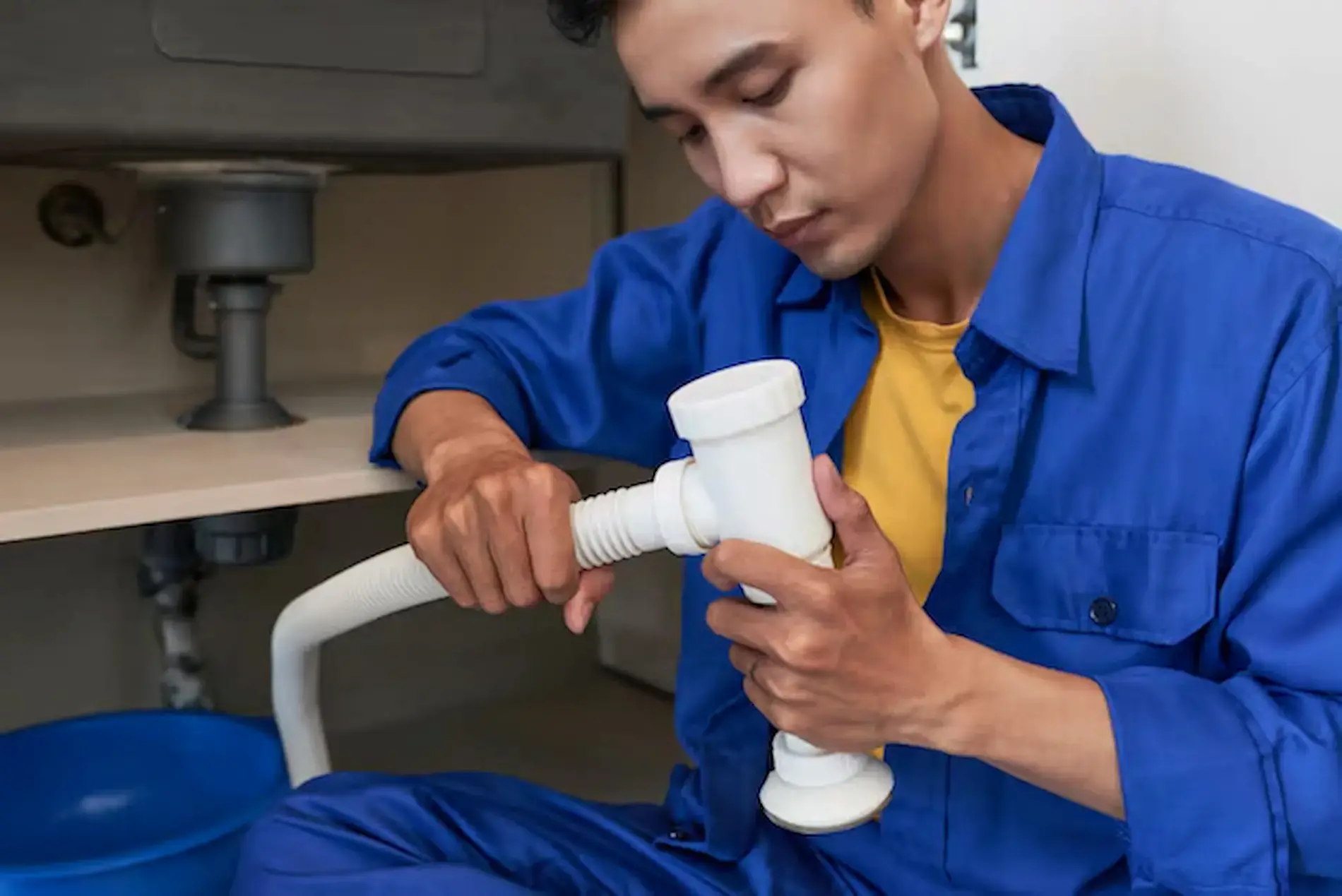
Leak Detection and Repair in Des Moines | Lazer Home Services
